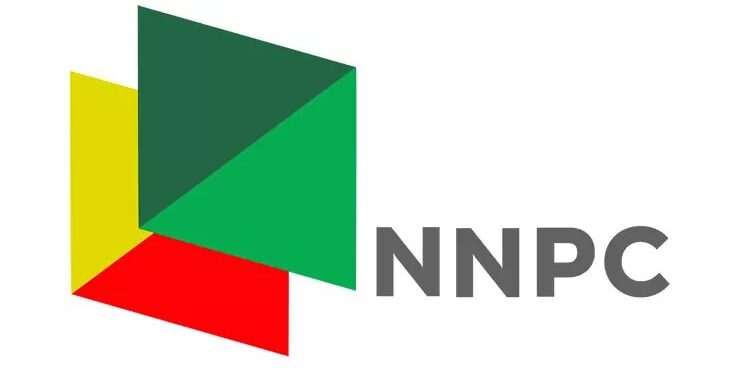The Nigerian National Petroleum Company Limited (NNPC Ltd) will resume crude oil drilling in the Kolmani field, located between Bauchi and Gombe states, starting in June, according to Group Chief Executive Officer Bayo Ojulari.
Speaking on BBC Hausa Service on Monday, Ojulari highlighted the significance of the Kolmani oil drilling and the Ajaokuta-Kaduna-Kano (AKK) gas pipeline projects, describing them as vital for Nigeria’s economic growth.
“NNPC will continue oil drilling in the Kolmani field and advance work on the AKK gas pipeline from Ajaokuta to Kaduna to Kano,” Ojulari said, adding that both existing and new companies are welcome to participate.
The 614-kilometre AKK pipeline will transport natural gas from Ajaokuta to Kano, passing through Abuja, Kaduna, and Zaria, boosting energy supply across northern Nigeria.
In 2019, NNPC announced the discovery of hydrocarbon deposits in the Kolmani River II Well, located in the Upper Benue Trough of the Gongola Basin, north-eastern Nigeria.
The government launched commercial oil drilling in Kolmani in 2022, marking the region’s first significant crude oil exploration success after years of efforts in the Upper Benue Trough.
NNPC estimates that the Gongola Basin holds over one billion barrels of oil and 500 billion cubic feet of gas, with the Kolmani area already attracting $3 billion in investments.
Ojulari noted that the projects are expected to draw foreign investment, create jobs, and increase government revenue, with visible impacts anticipated by next month.
In addition, Ojulari confirmed that NNPC has resolved its dispute with the Dangote Refinery, a major private refinery in Nigeria.
“We have addressed the feud between NNPC and Dangote Refinery,” he said, praising the refinery’s investments in Africa and assuring Nigerians of improved cooperation.
Ojulari added that marketers will soon be able to purchase fuel directly from the refinery, with any remaining challenges to be resolved quietly.
“We are working together for the interests of Nigerians,” he said, signaling an end to publicised tensions between the two entities.











